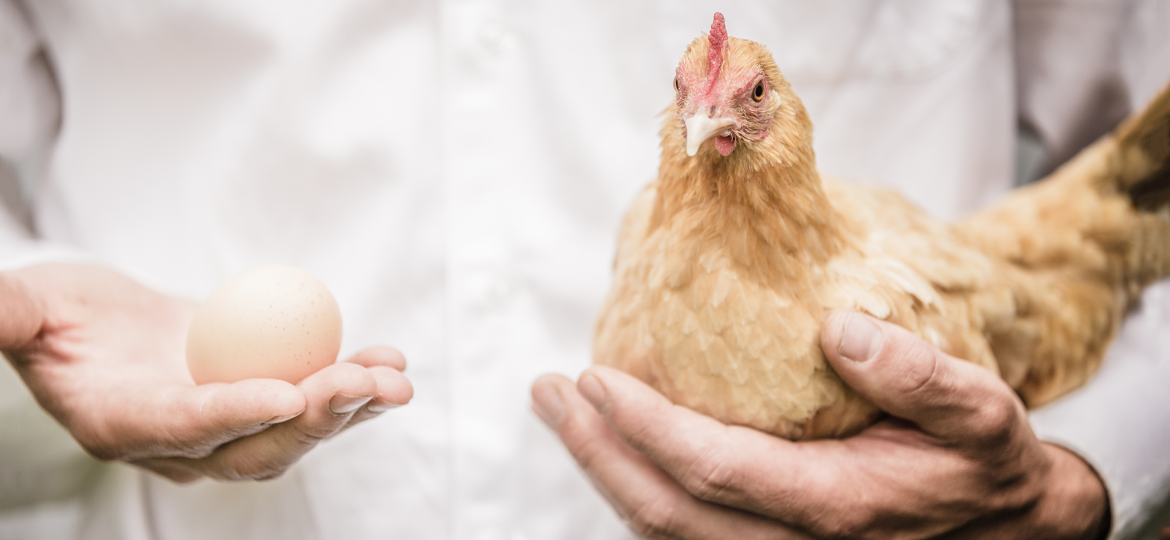October is the month that brings us cooler temperatures, colourful leaves, and cosier nights spent losing yourself in a book, watching your favourite shows, scrolling through social media, or reading the latest articles in your favourite journal. Our editors have curated a selection of research articles tackling a range of issues close to home: from environmental to cultural; continue reading below to discover what our research has to say about what’s in your fridge, your closet, your children’s classroom, and more!

1. Is Plastic Obstructing Your Human Rights?
By now, we’ve heard scientists and activists from around the globe tell us about the extremely negative impact plastic production and consumption can have on the Earth. But have you ever considered the ways that plastic can harm your right to life? Though the right to a good and healthy living environment is not yet recognized by the International Declaration of Human Rights, social scientists have begun to explore the effect of plastic on our human rights, as it impacts the aesthetic, sustainable, and functional aspects of our environment and ways of being.
To learn more about the correlation between plastic usage and human rights, click here.

2. Is Culture Influencing Your Child’s Math Class?
The discipline of Mathematics has historically been deemed pure in its objectivity, not influenced by changes in the world the way that social sciences can be. But what would you say if we told you some education models have adopted a culturally specific foundation in their Mathematics curriculum? As cultures in the East and West take on different ways of learning, researchers explore the ways that we could introduce culturally relevant curriculums into all aspects of school life.
Click here to learn more about how appealing to cultural backgrounds could positively impact the educational development of global youth.

3. What Came First: The chicken, the egg, or the farmer?
Most of us who enjoy eggs in our diets will bring a carton home from the local grocery store, never really considering how they ended up in our neighbourhood or how the characteristics of our eggs are affecting the farmers that source them for our breakfast table. Recent studies have uncovered that the seemingly arbitrary qualities of our eggs – from weight or length to shell thickness – can vastly affect their ability to be properly packaged and transported to your favourite farmers’ market or hypermarket.
Figure out how to choose the right eggs for you by reading more, here.

4. Would You Wear a Shirt Made of Plastic?
Now that we’ve discussed the negative impacts of plastic on our environment and rights, what can we do about it? Over the last decade, we’ve witnessed innovative advancements from scientists finding new ways to recycle or reuse the plastics we’ve allowed to populate our world. And now, we have the latest: producing sports jerseys and t-shirts from recycled PET bottles. Would you dress your little ones in sustainable workout clothes as they rough-and-tumble with their friends?
Learn more about how scientists discovered this latest development here.

5. Mothering A Culture: What Role Do Women Play in Carrying on Traditional Values?
Women have historically always been objectified as symbols of nationalism and identity – terms like “mother tongue” and the widely accepted gendering of countries as female in global languages are simple examples of that. But what about when we dissect a nation’s cultural and traditional values, which often flow beyond borders and state institutions? Matriarchal societies aside, research has begun to shine a spotlight on the long-standing role women have played in traditionalist societies to maintain and pass down values carried on by their ancestors.
Tap into this insight and learn more about how women influence the maintenance of tradition in the Indonesian Bluru village here.
More from the KnE Blog




